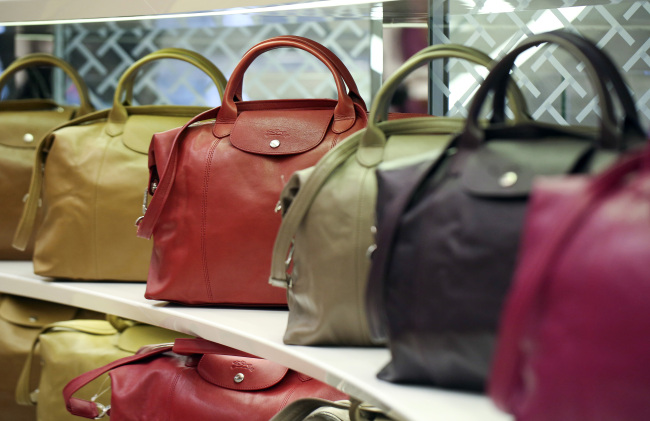Korea mulls adjusting list of items subject to excise tax
By Kim Yon-sePublished : April 2, 2014 - 21:03
Policymakers are poised to adjust the targets for a special excise tax in reflection of the changing consumption patterns, Finance Ministry officials said Wednesday.
The excise tax, which is also called the special consumption tax, has been levied on items such as foreign premium goods and automobiles. It has also been a tool to discourage spending on items that may harm the public interest.
“For an updated list, the government is closely benchmarking the cases in developed countries including the Unites States, France and Japan,” said a ministry official.
Stressing that it has been long since the special consumption tax law was previously revised, he said, “The demand is also growing from industries to remove the tax on some of the products that are no longer regarded as luxury items.”
He added that the state-run Korea Institute of Public Finance is reviewing the list of items facing the excise tax.
The excise tax, which is also called the special consumption tax, has been levied on items such as foreign premium goods and automobiles. It has also been a tool to discourage spending on items that may harm the public interest.
“For an updated list, the government is closely benchmarking the cases in developed countries including the Unites States, France and Japan,” said a ministry official.
Stressing that it has been long since the special consumption tax law was previously revised, he said, “The demand is also growing from industries to remove the tax on some of the products that are no longer regarded as luxury items.”
He added that the state-run Korea Institute of Public Finance is reviewing the list of items facing the excise tax.

Over the past decade, tax authorities have expanded the excise tax on oil, cars and other items causing environmental contamination. Luxury fashion goods have also been a key target.
For the past few years, the government has collected an average of 5 trillion won ($4.5 billion) annually in special consumption tax.
About 90 percent came from oil and vehicles, which are major pollution-causing products.
In 2000, the government excluded color TVs, soft drinks and candies from the list, while including petroleum gas, golf clubs and casino entrance fees. This year, it started to levy an excise tax on designer bags priced above 2 million won.
The government sometimes used the taxation system to vitalize private consumption by lowering the excise tax drastically for some industries.
Previous tax cuts for the automobile industry, however, had dealt a severe blow to the used car market. Secondhand car dealers who purchased used cars prior to the implementation of the excise tax cut plan were placed in an absurd situation where they had to sell used vehicles at below their purchasing cost as the prices set for new cars have been reduced by millions of won following the tax cut.
For the casino sector, the government had initially pushed for imposing a 20 percent excise tax. But it was revised down to 10 percent due to severe backlash from casino operators.
By Kim Yon-se and news reports
(kys@heraldcorp.com)







![[KH Explains] How should Korea adjust its trade defenses against Chinese EVs?](http://res.heraldm.com/phpwas/restmb_idxmake.php?idx=644&simg=/content/image/2024/04/15/20240415050562_0.jpg&u=20240415144419)










![[Today’s K-pop] Stray Kids to return soon: report](http://res.heraldm.com/phpwas/restmb_idxmake.php?idx=642&simg=/content/image/2024/04/16/20240416050713_0.jpg&u=)